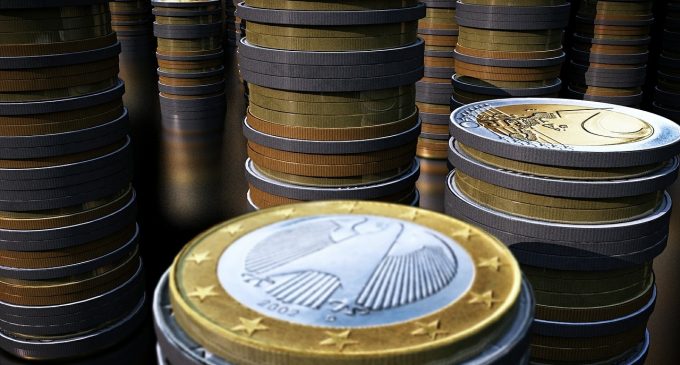Economic growth outlook impressive despite Brexit effects

Ibec’s new Q1 Quarterly Economic Outlook forecasts growth of 3.1% for 2017 and 2.8% in 2018. Strong improvements in consumer spending and investment are the key drivers behind this growth, but Brexit related trading challenges will weaken export growth.
Ibec’s Director of Policy and Public Affairs Fergal O’Brien stated: “The Irish economy is now in a strong position with employment growing by 2.9% in 2016, the fastest rate since 2007. Non-construction employment is back to pre-crisis levels and short-term unemployment is at levels last seen in early 2006. We predict that an additional 50,000 jobs will be created again this year. This exceptional jobs surge, coupled with tax cuts, wage growth and limited inflation, bodes well for consumer spending. Investment growth will also be high, at 14.8%, due to the resurgence of the construction sector.”
He added: “However, the economic impact of changes to our trading relations with the US and UK are still unknown and are a cause of concern for Irish businesses. Export growth slowed last year and it is likely that it will remain subdued again this year. While the full implications of Brexit won’t be realised until after 2017, we expect renewed sterling volatility as currency trends will match the ebb and flow of difficult negotiations. Goods exports to the UK fell by 3.5% last year and an additional depreciation in 2017 would hurt indigenous exports to the UK even further.
“US tax proposals are a further key challenge facing the Irish economy. The US hasn’t been this close to a comprehensive corporate tax reform in decades. Of the changes proposed – a cut in the corporate tax rate, a lower rate for repatriated offshore earnings, and the introduction of a Border Adjustment Tax (BAT) – the BAT would present by far the greatest challenge for Irish business. A BAT would be equivalent to imposing tariffs on imports while subsidising exports.
“The good news is we are facing these challenges from a position of strength. The Irish Government must take advantage of our economic growth and ensure decisive policy action to improve competitiveness and adopt measures to minimise losses from Brexit, particularly in the regions. Investment and liveability issues such as transport, housing and education must be prioritised before the window of exceptionally cheap money closes any further.”
Key points from the Ibec quarterly assessment include:
Growth: Ibec forecasts GDP growth of 3.1% this year and 2.8% in 2018 driven by a strong domestic economy.
Employment: Will grow by 2.4% in 2017 creating almost 50,000 jobs.
Domestic Economy: Continued improvements in the labour market should see consumer spending rise by 3.3%. Investment is forecast to grow by 14.8% as the construction sector continues to recover from a low base.
Inflation: Is expected to be weak this year at 0.5% due to a weak sterling and continued strong price competition in retail.
Exports: Export growth slowed last year and this is expected to continue into 2017. Brexit effects are already evident in the export sector and are likely to intensify as negotiations get under way.


























